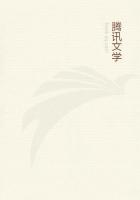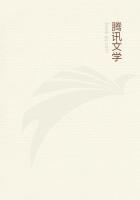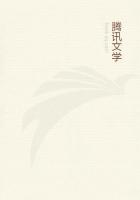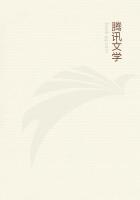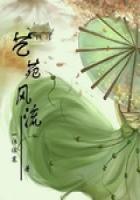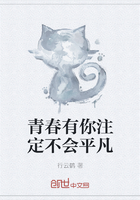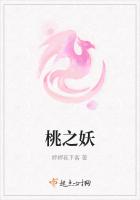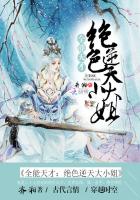Fragment #1 --
C.I.G. Ital. et Sic. 1292. ii. 11:
....the "Story of Oedipus" by Cinaethon in six thousand six hundred verses.
Fragment #2 --
Pausanias, ix. 5.10:
Judging by Homer I do not believe that Oedipus had children by Iocasta: his sons were born of Euryganeia as the writer of the Epic called the "Story of Oedipus" clearly shows.
Fragment #3 --
Scholiast on Euripides Phoen., 1750:
The authors of the "Story of Oedipus" (say) of the Sphinx: `But furthermore (she killed) noble Haemon, the dear son of blameless Creon, the comeliest and loveliest of boys.'
THE THEBAID (fragments)
Fragment #1 --
Contest of Homer and Hesiod:
Homer travelled about reciting his epics, first the "Thebaid", in seven thousand verses, which begins: `Sing, goddess, of parched Argos, whence lords...'
Fragment #2 --
Athenaeus, xi. 465 E:
`Then the heaven-born hero, golden-haired Polyneices, first set beside Oedipus a rich table of silver which once belonged to Cadmus the divinely wise: next he filled a fine golden cup with sweet wine. But when Oedipus perceived these treasures of his father, great misery fell on his heart, and he straight-way called down bitter curses there in the presence of both his sons.
And the avenging Fury of the gods failed not to hear him as he prayed that they might never divide their father's goods in loving brotherhood, but that war and fighting might be ever the portion of them both.'
Fragment #3 --
Laurentian Scholiast on Sophocles, O.C. 1375:
`And when Oedipus noticed the haunch (1) he threw it on the ground and said: "Oh! Oh! my sons have sent this mocking me..."So he prayed to Zeus the king and the other deathless gods that each might fall by his brother's hand and go down into the house of Hades.'
Fragment #4 --
Pausanias, viii. 25.8:
Adrastus fled from Thebes `wearing miserable garments, and took black-maned Areion (2) with him.'
Fragment #5 --
Pindar, Ol. vi. 15: (3)
`But when the seven dead had received their last rites in Thebes, the Son of Talaus lamented and spoke thus among them: "Woe is me, for I miss the bright eye of my host, a good seer and a stout spearman alike."'
Fragment #6 --
Apollodorus, i. 74:
Oeneus married Periboea the daughter of Hipponous. The author of the "Thebais" says that when Olenus had been stormed, Oeneus received her as a prize.
Fragment #7 --
Pausanias, ix. 18.6:
Near the spring is the tomb of Asphodicus. This Asphodicus killed Parthenopaeus the son of Talaus in the battle against the Argives, as the Thebans say; though that part of the "Thebais"which tells of the death of Parthenopaeus says that it was Periclymenus who killed him.
ENDNOTES:
(1) The haunch was regarded as a dishonourable portion.
(2) The horse of Adrastus, offspring of Poseidon and Demeter, who had charged herself into a mare to escape Poseidon.
(3) Restored from Pindar Ol. vi. 15 who, according to Asclepiades, derives the passage from the "Thebais".

